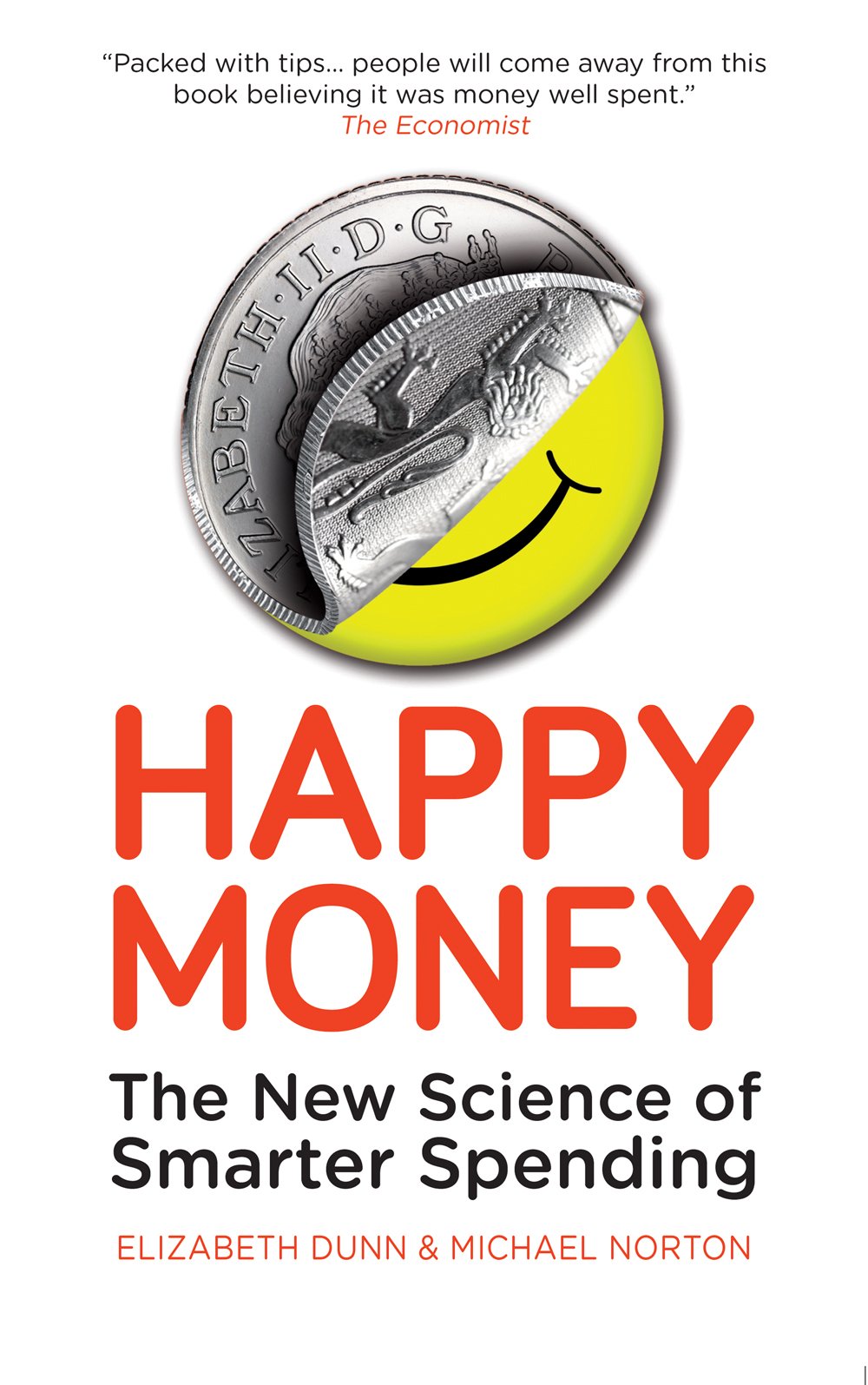The book Happy Money by Michael Norton and Elizabeth Dunn, was recommended on the After Hours podcast and it struck a chord instantly. I have had many discussions around money and happiness with my dad and wife and this is a topic that I really feel humanity could do well to learn more about. For most of us, money has gone on from being a means to an end, to the end itself. This book lays out five simple principles, based on studies and social experiments done around the world. Think of this as a happiness maximization heuristic that helps you decide how to spend your money.
f($$) = max(happiness)

I am going to briefly take a shot at summarizing my understanding of these principles below. I highly recommend the book, it is super easy and fun to read and I must say I have made several changes to how I spend money after reading it.
Buy experiences
When people were asked to rate their happiest moments, most linked them to certain experiences they had enjoyed. A holiday, a date, a film with the family, a trip to the beach, etc. Experiences leading to happiness have a much longer shelf than things and objects. This is also the underlying principle behind gifting experiences that is so hot these days. It is much easy to buy the latest iphone than to plan a holiday and which is why we end up doing the former. We will see later, experiences are also more happiness giving as they elongate the feeling of happiness.
Treating yourself
This one is an interesting example of how self restraint leads to good things in the future. Most people have the wherewithal to enjoy what they like the most. Binge-watching Netflix, drinking the best coffee money can buy, playing video games all night, are some ways we kill the excitement tied to these things. In order to derive the most happiness out of these things, we have to exercise constraint and cut back on the spending on these things. Doing this is the surest way of ensuring that we end up enjoying stuff we love, even more, albeit fewer times a year. The overall happiness you get out of these things would be a lot higher.
Investing in saving time
We undervalue time the most. Spending money to get things that free up your time, has the ability to generate the most happiness. Working parents understand this better than anyone. People often say they would like to spend more time with their spouse or parents or kids but fail to spend money on trying to free up their time. This could range from spending more on a faster commute to moving to a neighborhood closer to your workplace. There are services now that do your chores that free up your time so you can spend more time in things you enjoy. My favorite example is how we undervalue the delivery services like Instacart and Grubhub. Our perception is that markup on prices and the delivery fee needs to be equated with the fuel cost and some sort of $ value of the effort it takes to go to the store but the real value of these services is the time they save us.
Buy now, enjoy later
Cruise companies offer bookings over a year in advance. I used to think this was so silly. Who would want to commit to undertaking a very specific holiday a year ahead. Turns out when you spend money now, to enjoy something some time later, it’s anticipation accentuates the enjoyment. In essence the fun begins the moment you make the payment as you constantly think about the upcoming experience or item thereby increasing your happiness. When we are waiting for something, our mind works to fill in the details of how we want to experience or item to be. This is why subscription box services that send an unknown item every week/month are becoming so popular. The surprise increases the happiness quotient attached to the boxes.
Give to others
We all want to do good and change the world but we don’t realise how easy it is to do good. A little can change things for people around us and also at the same time make us very happy. The book describes how Pottery Barn lets people invest in their favourite charity when you buy furniture from them. It makes a guilty pleasure (buying premium furniture), seem like a good deed as some of the proceeds go towards a cause of your linking. Donations, doing charity and spending money on others is a definitive way of feeling happy.
This is basically a very high level overview of the book. Like I said before, I highly recommend reading it. It has some really cool descriptions of studies that I really enjoyed reading.
I run a startup called Harmonize. We are hiring and if you’re looking for an exciting startup journey, please write to jobs@harmonizehq.com. Apart from this blog, I tweet about startup life and practical wisdom in books.